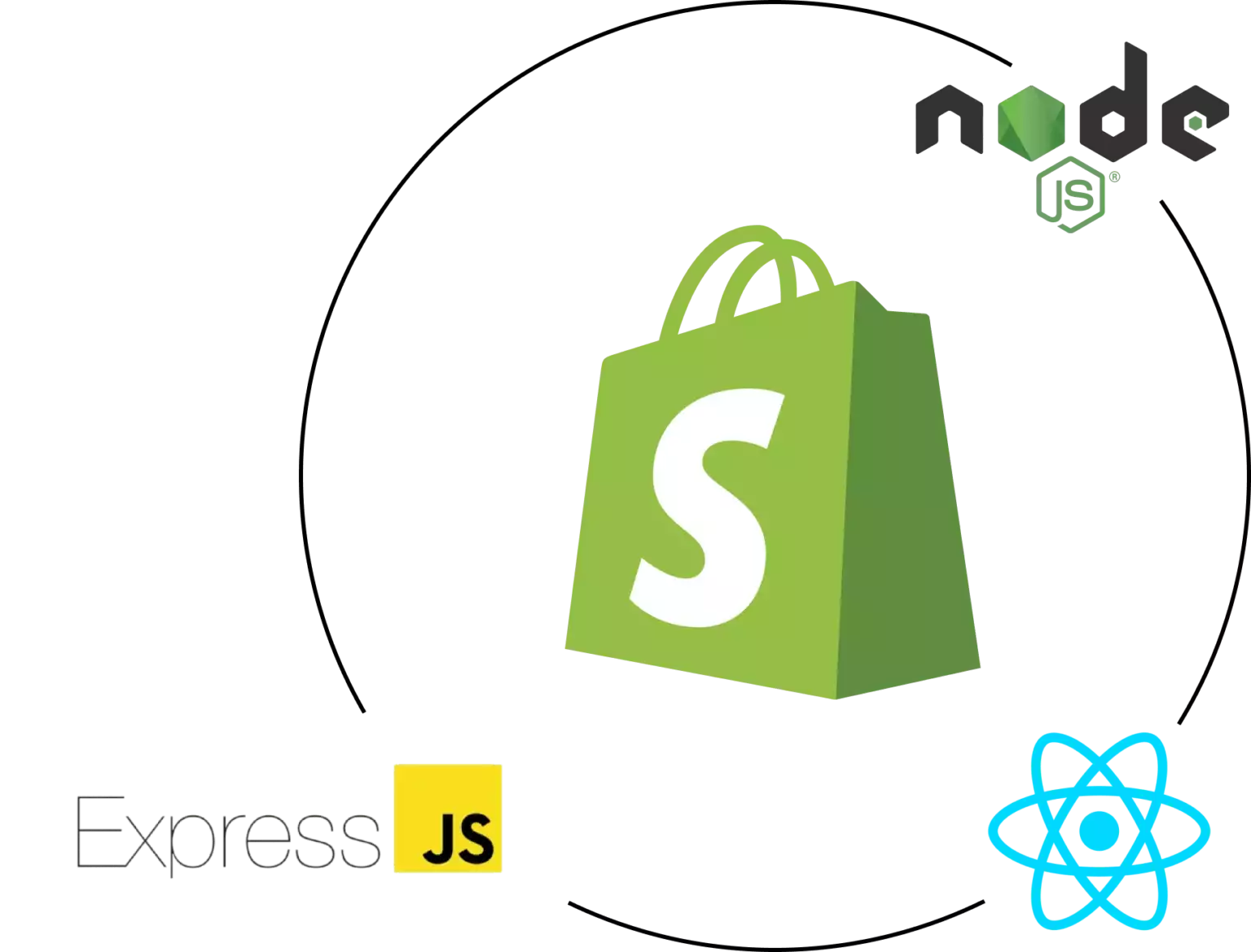Introduction
In today’s competitive e-commerce landscape, differentiating is paramount, and a top method to differentiate a Shopify store is through tailored app development. A robust Shopify app can enhance store functionality, simplify processes, and elevate customer interaction. This article explores essential elements of Shopify app development, from API integration to growth techniques and digital marketing approaches, providing a roadmap for businesses looking for unmatched store efficiency.
The Importance of Shopify API Integration
Shopify’s API offers robust tools to customize and expand store capabilities. With the GraphQL and REST API options, developers can access data to build applications that handle inventory management, order handling, and customer data management smoothly. Integrating Shopify’s API can lead to better workflow automation and enables stores to serve customers more effectively.
Utilizing the Polaris Design System
Polaris is Shopify's set of design guidelines for creating user-friendly and easy-to-use Shopify apps. By adhering to Polaris guidelines, developers guarantee that apps integrate smoothly within the Shopify Admin interface. This ensures a cohesive look and feel that appeals to Shopify merchants, encouraging ease of use and familiarity for merchants using your tailored app.
Understanding the Shopify App Ecosystem
The Shopify app ecosystem provides numerous opportunities for enhancing online stores. From handling order fulfillment to increasing customer engagement, apps in this ecosystem are designed to meet various business needs. Familiarizing with this system assists developers in identifying unique app opportunities and allows for smooth connections of external tools that add value to the store.
Building Embedded Shopify Apps
Embedded apps work seamlessly within the Shopify Admin, providing a smooth interface for merchants. They ensure that merchants do not need to navigate away from their Shopify control panel, simplifying their process. Using Shopify App Bridge and embedded app capabilities is a best practice for providing a unified, well-integrated user environment.
Leveraging Node.js and React for Shopify Development
The technologies Node.js and React have become Oyecommerz custom Shopify app top options for Shopify app creation. This server-side framework enables high-performance server-side applications, while React allows for dynamic, responsive front-end user interfaces. Together, they provide an strong platform for building fast, scalable Shopify apps that enhance store performance and customer interaction.
Utilizing Webhooks in Shopify Development
Webhooks enable instant data updates between Shopify and an outside application. They initiate events such as order creation or inventory updates and send instant notifications to your app. By implementing webhooks, apps can provide up-to-date insights for store owners, streamlining workflows and boosting productivity.
Engaging Customers Through Digital Marketing for Shopify Apps
To ensure Shopify app success, connecting with users is crucial. Using online marketing techniques like SEO, email marketing, and social outreach can increase app usage. Additionally, creating applications with customer interaction as a focus (e.g., loyalty programs or personalized suggestions) boosts user retention and loyalty.
Scaling Your Shopify App
As e-commerce businesses grow, so do their technological needs. Ensuring that your app can scale to handle increased traffic, larger data sets, and more advanced functionalities is critical. By improving server capacity and using scalable technologies, you can develop apps that grow in tandem with a store’s growth.
Essential Features and Maintenance for Shopify Apps
For an app to be useful, it should offer key capabilities like user login, dashboard analytics, and support channels. Regular app upkeep, with updates to fix bugs and ensuring compatibility with new Shopify features, is vital to ensure continuous operation and avoid interruptions to business processes.
Conclusion
Custom Shopify app development holds vast potential for e-commerce stores, providing Improving Shopify store performance the chance to enhance performance, streamline processes, and build customer relationships. With API integrations and Node.js to focusing on scalability and customer engagement, creating a Shopify app requires thoughtful preparation and strategic execution. If you’re ready to elevate your e-commerce experience, a tailored Shopify application may be the perfect choice. What features do you envision for your dream application? Share your ideas and take the first step toward an optimized e-commerce journey!

Comments on “Enhance Your Online Store: Custom Shopify App Development to Boost Performance”